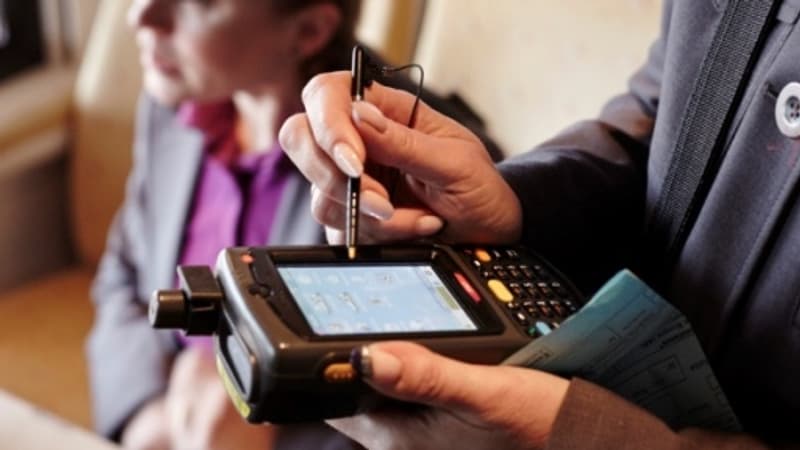Those who take the train, subway or bus without a ticket will no longer be able to use their old identity document to systematically avoid the fine. Until now, inspectors had no choice but to take at face value the fraudster’s statement that he still lives at the address given on the driving license or national identity card requested when he was fined.
An amendment to the finance law adopted last month and discovered by Le Parisien will offer them the possibility of verifying the veracity of this information. This modification authorizes the tax administration to deliver in real time what in administrative jargon is called the address data it has, that is, the address associated with the surname, first name(s) and date of birth of the inspected person, always that one of the taxpayers registered is in your files.
An old request from SNCF and RATP
Bercy ensures that no other information will be provided to those responsible for the treatment. The objective is simply to prevent the fraudster from trying to avoid the fine due by providing an obsolete address. Of all administrations, tax authorities are the ones with the most frequently updated data.
Bercy thus responds positively to a long-standing request from the SNCF and the RATP. In its latest annual report, the Public Transport Union had called for “the rapid implementation of the platform for verifying the addresses of offenders, as provided for in the Savary law of 2016.”
The deficit is significant. The UTP cites the figure of 600 million euros of lost income attributable to fraud. But, above all, among travelers who travel without a valid transport ticket, the proportion of those who end up evading the fine for an incorrect address is considerable. It can reach 50% on certain networks.
Source: BFM TV


